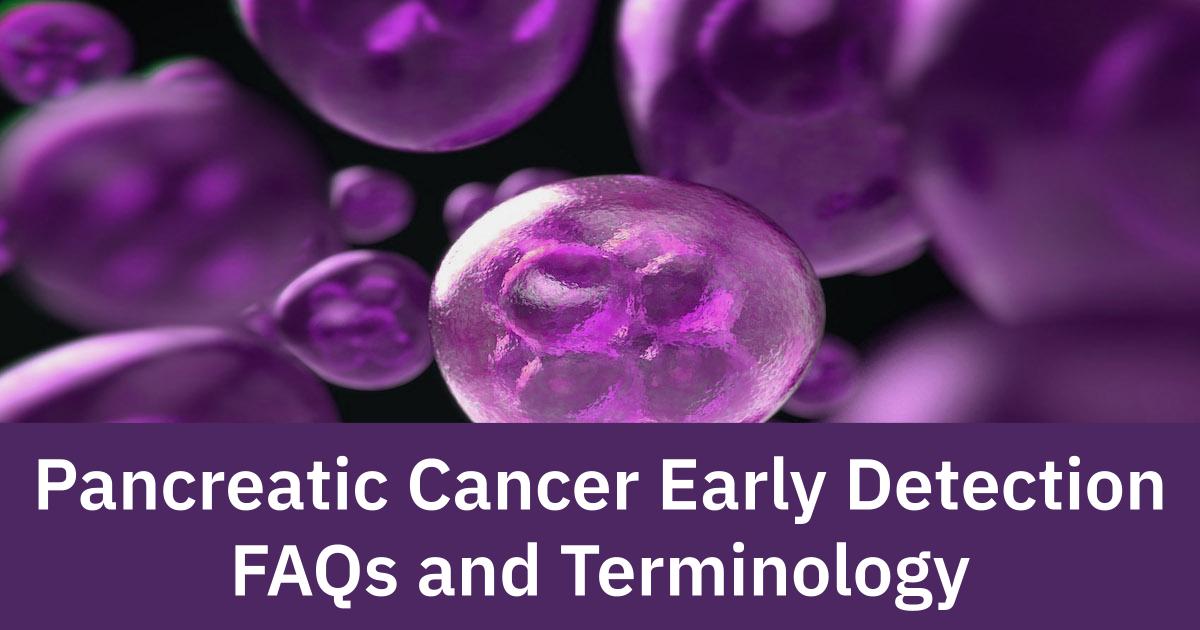What are proteome and proteomics?
The term proteome describes the entire set of proteins expressed in a particular genome, cell, tissue, or organism. The term proteomics refers to a technique used to analyze many proteins. Still, it currently includes approaches that provide information on the frequency, properties, interactions, activity, and structure of proteins in a sample. Proteomics is the most important tool for proteomics research. The rapid development of proteomics has been made possible by advances in analytical instrumentation and mass spectrometry. It has become the basis for leading scientific working groups and clinical research laboratories. Current proteomics research is defined by two types: cell mapping, in which proteomics aims to define protein-protein interactions and create an image of complex networks that form the intracellular signaling pathways of protein expression, and proteomics which monitors the global expression of a large number of proteins in all cell types and tissues to identify expression patterns under different conditions. (Sources: moam.info )
See other Early Detection FAQs & Terminology
Support critical & innovative research by donating this end of financial year
PanKind is the critical lead funder of innovative research projects focused on early detection working towards a breakthrough to triple survival rates.







